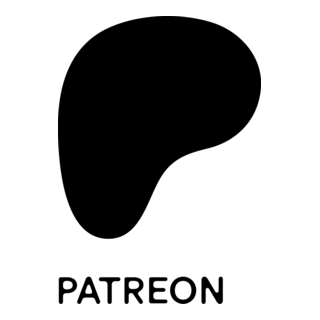For many veterans, life after service is filled with transitions—new careers, new relationships, and new ways of finding purpose. While most changes are part of the natural flow of life, some can become overwhelming. The end of a relationship, loss of a job, housing instability, or a lingering sense of purposelessness may trigger feelings that spiral into a personal crisis. Recognizing the signs of crisis—in yourself or in someone you care about—is the first step toward finding support and preventing tragedy.
The End of a Relationship
Relationships are often a foundation of stability. For veterans, partners frequently serve as anchors during the challenges of reintegration. When that bond is broken, it can feel like the ground has been pulled away. Warning signs of crisis may include withdrawing from friends and family, increased irritability, or difficulty managing daily responsibilities. Veterans may internalize blame or feel that they are unworthy of future connections. If left unaddressed, these feelings can deepen into depression and hopelessness.
Loss of a Job
Work provides more than a paycheck—it delivers structure, identity, and purpose. For someone transitioning out of the military, losing a job can be especially devastating. It may reinforce feelings of inadequacy or trigger anxiety about providing for oneself and one’s family. Signs of crisis may include sudden changes in sleep patterns, increased substance use, or expressions of worthlessness. Veterans may struggle to ask for help, fearing it will be perceived as weakness, but early intervention is crucial.
Housing Instability
A safe place to call home is fundamental to stability. Housing insecurity—or the threat of losing housing—can create profound stress. For veterans, who may already be coping with trauma or mental health challenges, housing instability often accelerates a downward spiral. Watch for signs like neglect of personal care, isolation, or an inability to manage finances. Veterans facing housing instability may feel trapped, leading to overwhelming fear and despair.
Feeling a Loss of Purpose
Perhaps the most common and least visible crisis trigger for veterans is the sense of lost purpose. In the military, service members are guided by a clear mission. After leaving the service, many struggle to redefine their role in civilian life. Without that sense of direction, small setbacks can feel catastrophic. Indicators may include withdrawal from activities once enjoyed, expressing that “life has no meaning,” or disengagement from family responsibilities.
Recognizing the Signs of Crisis
While each situation is unique, there are common warning signs that suggest a veteran may be approaching or experiencing a crisis:
-
Talking about feeling hopeless or being a burden to others.
-
Increased use of alcohol or drugs.
-
Reckless behavior or disregard for personal safety.
-
Sudden changes in mood, such as rage, agitation, or despair.
-
Withdrawing from social contact or isolating from loved ones.
-
Expressing thoughts of self-harm or suicide.
Recognizing these signs in yourself or someone else is critical. Trust your instincts—if something feels off, it’s worth taking seriously.
Finding Support
Crisis does not have to be faced alone. Veterans can turn to trusted friends, family, peer support groups, or professional services. The VA offers comprehensive crisis resources, and community organizations provide counseling, housing assistance, and job support. The Veterans Crisis Line (dial 988, then press 1) is available 24/7 for immediate help.
Moving Forward
Everyone encounters challenges, but when those challenges escalate into crisis, recognizing the signs can save lives. For veterans, acknowledging the weight of relationship struggles, job loss, housing insecurity, or a loss of purpose is not a sign of weakness—it is a sign of strength and awareness. Seeking support opens the door to healing, resilience, and the rediscovery of purpose.
No veteran should ever feel they have to face these struggles alone. With awareness, compassion, and action, we can stand together to ensure that every veteran knows help is always within reach.




